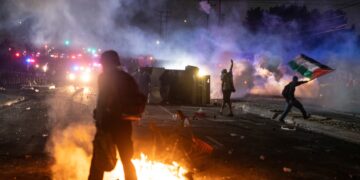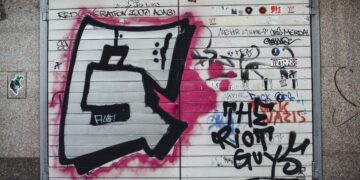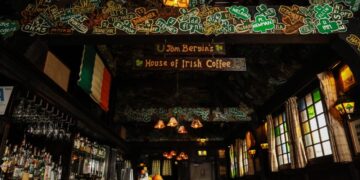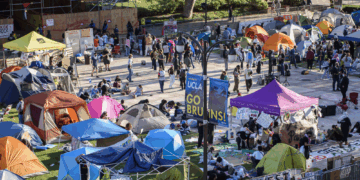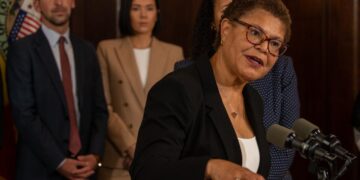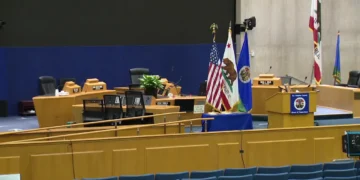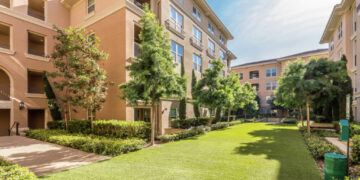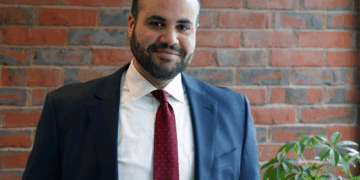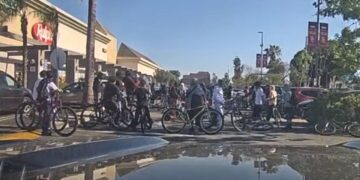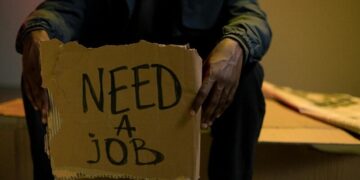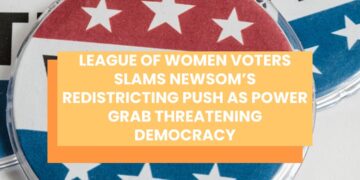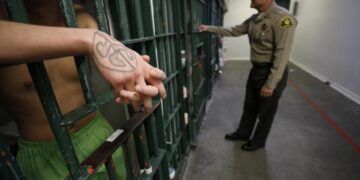Council President Marqueece Harris-Dawson leads initiative to prohibit offensive slurs during public sessions.
The Los Angeles City Council is taking steps to address the use of offensive language during its meetings. Council President Marqueece Harris-Dawson has introduced a proposal aimed at curbing the use of specific slurs that have disrupted proceedings and discouraged public participation.
For the past decade, council meetings have occasionally been marred by individuals using racial slurs, antisemitic remarks, and other offensive language directed at council members and attendees. Harris-Dawson, who is Black, emphasized that such language has created an unwelcoming environment, deterring community members from engaging in civic discussions.
The proposed measure seeks to prohibit audience members from repeatedly using the N-word and the C-word during meetings. Violators could face removal from the session or be barred from future attendance. Harris-Dawson stated that these terms “have no political value” and serve solely to demean individuals based on inherent characteristics. He noted, “It is language that, anywhere outside this building where there aren’t four armed guards, would get you hurt if you said these things in public.”
Legal experts have raised concerns about the proposal’s compatibility with First Amendment rights. Erwin Chemerinsky, dean of UC Berkeley School of Law, acknowledged the offensive nature of the words but highlighted that they are protected under free speech provisions. He remarked, “A court might very well be willing to uphold a very narrow ban on these offensive words.” Conversely, Eugene Volokh, professor emeritus at UCLA School of Law, expressed skepticism about the measure’s constitutional viability.
The council has previously faced challenges in regulating speech during meetings. In 2014, Los Angeles settled a lawsuit for $215,000 after a man was ejected from a public meeting for wearing a Ku Klux Klan hood and a T-shirt featuring the N-word, actions deemed protected under the First Amendment.
The initiative reflects ongoing efforts to balance maintaining decorum in public forums with upholding constitutional rights. As the proposal undergoes further discussion, council members may consider additional terms for prohibition, aiming to foster a more respectful and inclusive environment for civic engagement.

